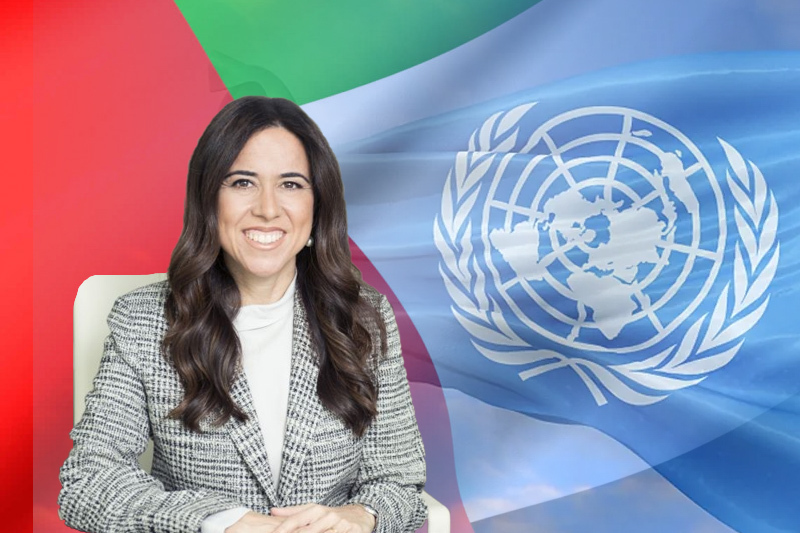
Commencement of the UAE’s Second Rotating Presidency of the UN Security Council
The United Arab Emirates (UAE) has taken on the rotating presidency of the United Nations Security Council (UNSC) for the month of June. Her Excellency Ambassador Lana Zaki Nusseibeh, Assistant Minister of Foreign Affairs for Political Affairs and Permanent Representative of the UAE to the United Nations, will chair the council’s sessions and lead discussions on important global issues. This article aims to provide an overview of the UAE’s priorities, the council’s work program for the month, and the key topics to be discussed during the UAE’s presidency.
Reviewing the Work Plan and Priorities
At the start of the month, the council members will review and approve the proposed work plan for June. Her Excellency Ambassador Lana Zaki Nusseibeh will chair the session and ensure a consensus is reached. Following this, a press conference will be held to communicate the details of the council’s work program, the UAE’s priorities, and the major political files on the agenda for the month.
Keep Reading
Key Discussion Topics
During its presidency, the UAE has called for three main issues to be discussed under the framework of international peace and security. These discussions will be conducted through official open public sessions and will involve high-level participants from various organizations and entities.
- Cooperation between the United Nations and the League of Arab States (June 8): This session will evaluate the progress made in cooperation between the UN and the League of Arab States and explore ways to expand and institutionalize cooperation in areas of common interest. Participants will include His Excellency Khalifa Shaheen Al Marar, Minister of State, His Excellency Ahmed Abu Al-Gheit, Secretary-General of the League of Arab States, and Rosemary A. DiCarlo, UN Under-Secretary-General for Political and Peacebuilding Affairs.
- Effects of Climate Change on International Peace and Security (June 13): This session will focus on the impact of climate change as a threat to international peace and security. Jean-Pierre Lacroix, Under-Secretary-General for Peace Operations, and Juan Manuel Santos, former President of Colombia and Nobel Peace Prize laureate, will participate, along with representatives from civil society.
- The Values of Human Fraternity in Promoting and Sustaining Peace (June 14): This session will address the significance of human fraternity values in promoting and sustaining peace, as well as preventing intolerance and extremism. Key participants include Antonio Guterres, Secretary-General of the United Nations, and Dr. Ahmed Al-Tayyib, Sheikh of Al-Azhar Al-Sharif, alongside a representative from the Vatican.
As the UAE assumes the presidency of the United Nations Security Council for the month of June, it aims to address crucial global issues through open public discussions. With a focus on cooperation between the United Nations and the League of Arab States, the impact of climate change on international peace and security, and the values of human fraternity, the UAE’s leadership in the council reflects its commitment to fostering peace, collaboration, and sustainable solutions. The discussions held during this period will contribute to shaping the international agenda and promoting peace and stability worldwide.




